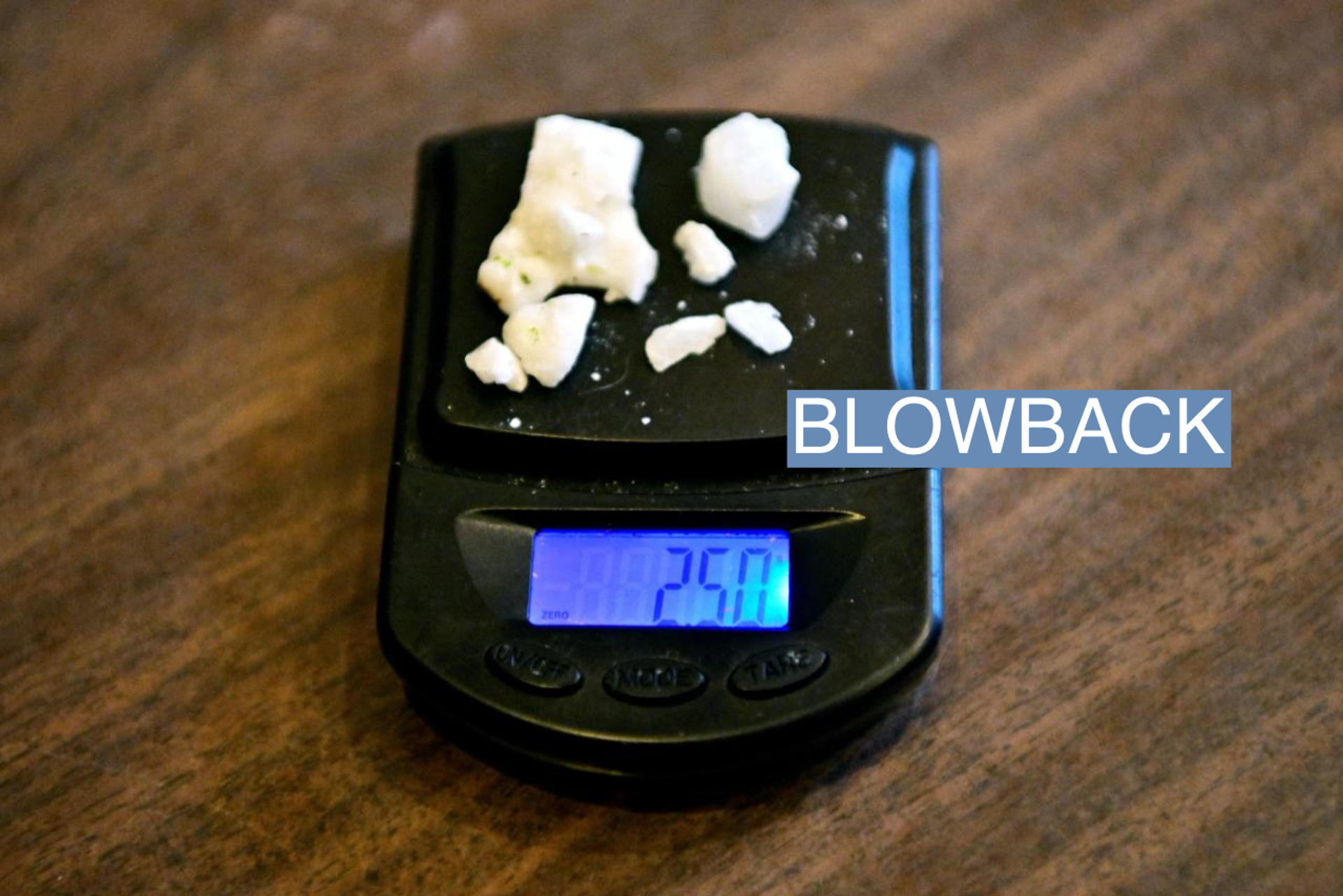The News
Two British Columbia recreational drug companies got federal approval to legally produce and sell cocaine, heroin, and MDMA, shocking the Canadian province’s government.
Health Canada, the federal agency that oversees drug programs, clarified that the companies can only sell the drugs for scientific and medicinal purposes, and not to the general public.
Know More
Sunshine Earth Labs, a psychedelics manufacturing company, said Thursday that Health Canada had approved the amendment to their drug license for the distribution of MDMA, cocaine, morphine, diacetylmorphine (DAM/heroin), and opium in September. The company was also granted a psilocybin exemption last year.
Cannabis company Adastra announced last month that it had also received a psilocybin and cocaine exemption in August.
Sunshine’s CEO Donovan Edwards said the company will work on “securing global trade relationships to import ethically sourced medical products for safer supply.”
Adastra’s CEO Michael Forbes said his company will evaluate how the commercialization of cocaine “fits in with our business model at Adastra in an effort to position ourselves to support the demand for a safe supply of cocaine.”
Neither company’s statement clarified the limitations on its distribution requirements, prompting Health Canada to remind them of the “very narrow parameters of their license,” state broadcaster CBC reported.
The agency said that Adastra can only sell to those who have cocaine listed on licenses like doctors, pharmacists, hospitals, or those who have exemptions for research purposes.
“If the strict requirements are not being followed, Health Canada will not hesitate to take action, which may include revoking the license,” the agency said in a statement.
The View From british columbia’s government
Both British Columbia’s government and the opposition disapproved of the new licenses, with B.C. Premier David Eby saying he was “astonished” with Health Canada’s decision.
Eby said provincial leaders had not been informed by Health Canada and that it was not part of the province’s ongoing emergency health plan aimed at curtailing overdose deaths.
“Cocaine isn’t prescribed, it isn’t safe, and this is wrong,” said David Falcon, leader of the provincial opposition. “Commercializing cocaine as a business opportunity amounts to legalizing cocaine trafficking, full stop.”
Step Back
British Columbia is currently undergoing a three-year decriminalization experiment, meaning that adults will not be subject to criminal charges for possessing up to 2.5 grams of cocaine, opioids, methamphetamine, and MDMA. People stopped by police while carrying a permissible amount of drugs will not have the substance confiscated from them.
Still, the sale of these drugs to the general public remains illegal under federal law.
The decriminalization effort in part stems from the province’s opioid crisis.
In 2021, British Columbia recorded more than 2,200 overdose-related deaths, a 26% jump from 2020. And in the first nine months of 2022, more than 1,600 people died due to illicit substances.

